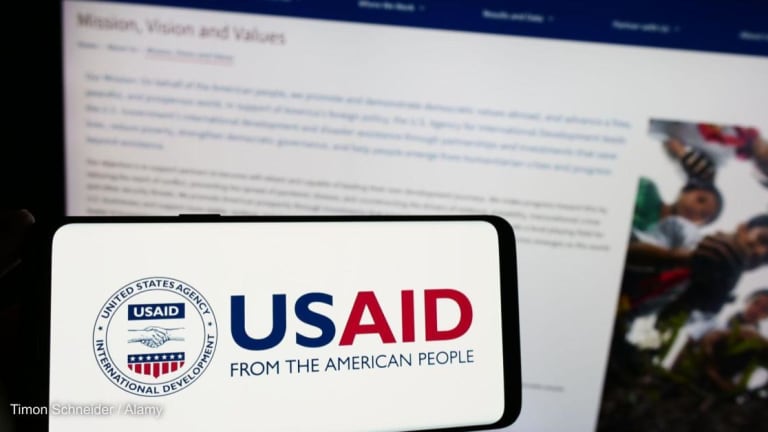This is the sixth of seven parts in the Devex series “Foreign aid effectiveness: A radical rethink,” written by Diana Ohlbaum — a former deputy director of USAID's Office of Transition Initiatives and senior professional staff member of the two congressional panels overseeing U.S. foreign affairs.
Country-owned. Country-led. Country systems. Local solutions. We have a lot of names for development that is aligned with country-identified priorities, carried out by local partners, and reflects the wishes of the beneficiaries. But in practice, the U.S. approach to country ownership has been largely one of grafting our old laws and procedures onto new participants.
This approach is well-intentioned, but fatally flawed. There simply are not enough partner governments and local institutions that can provide the level of financial management to which we are accustomed, and replication of our systems increases partners’ absorptive capacity far faster than it improves their performance capacity — not to mention skewing lines of accountability.
Read more articles on the Foreign aid effectiveness: A radical rethink series:
● The illusion of control
● Betting on the poor
● The siren song of technical assistance
● Knowing our limits
● Old wine in new bottles
● The path forward




